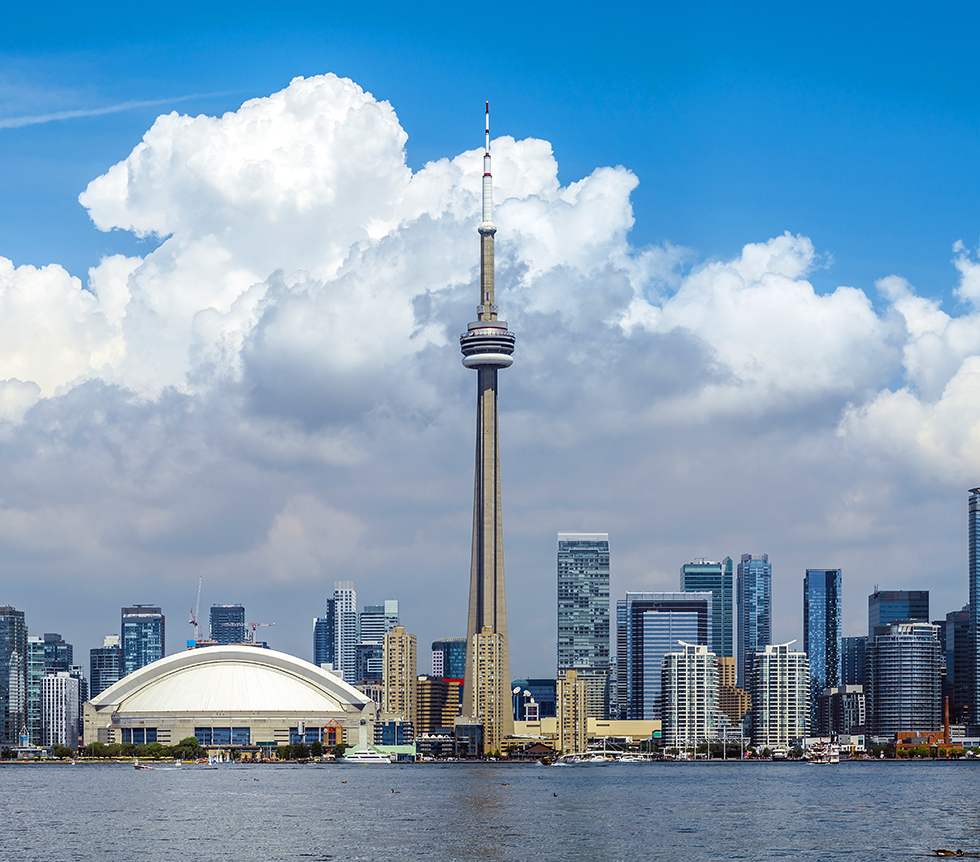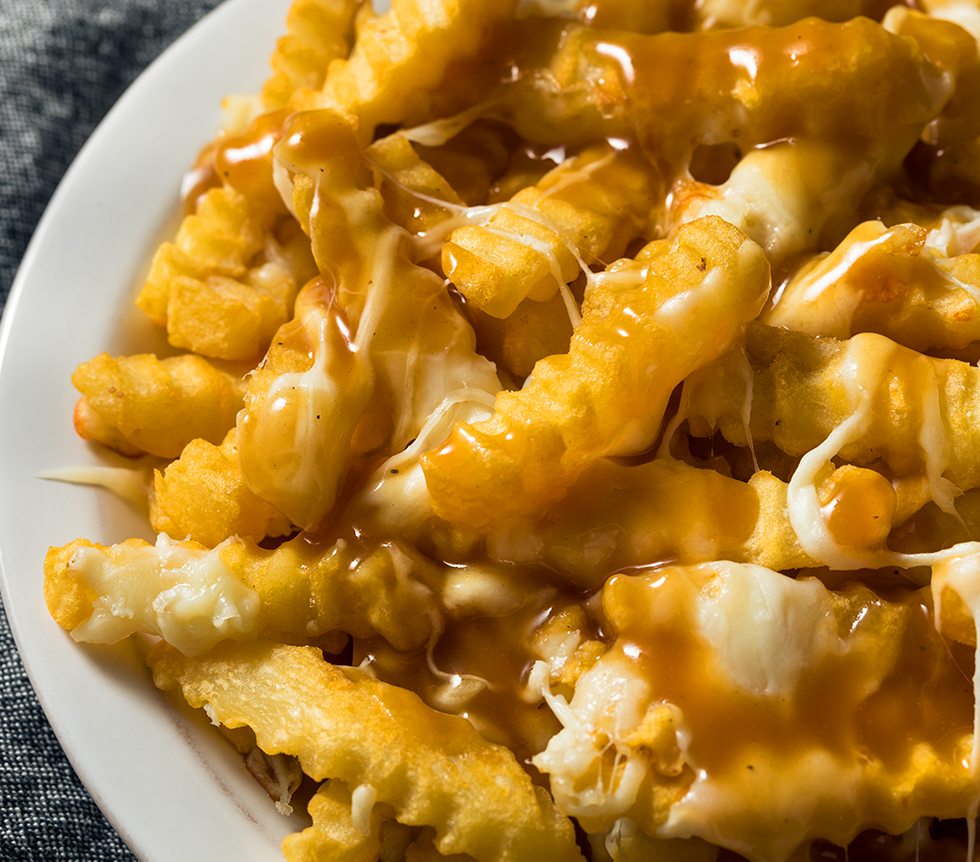Only in Canada, eh…
Keep Exploring
Eh:
Pronounced like the letter “A” and added to the end of a sentence like a tag. It usually means something like “don’t you agree?”, or it can be used for emphasis to mean “you know”. For example, “That was a good game last night, eh?” It’s sometimes also used to soften an imperative. For example, “Be careful, eh.” This is one of the ways Americans can identify Canadian south of the border.

Touque:
Touque is a French-Canadian word that is used all over English Canada. It refers to a knitted winter hat. In some other places these might be called beanies, ski hats or watch caps. In Canada, they are only ever called touques. “Put your touque on, eh! It’s cold out!”




LIMITLESS NATURE, VIBRANT CULTURE.
Runners: Usually called sneakers in the US. These are any kind of sports shoes that can also be used for casual wear. Also called running shoes in Canada.
Washroom: In Canada “washroom” is usually used for a public restroom, whereas “bathroom” is used at home. “Restroom” is used in American English but not in Canada.
Pop: Any carbonated, sugary beverage, such as Coke, Sprite or Dr. Pepper. Called “soda” in some parts of the US.
Parkade: A multi-level parking garage. This term is used particularly in Western Canada.
The States, The US: Not really a Canadianism, but more a point of style. Canadians don’t normally call our neighbour to the south “America”. We also don’t usually say “the USA”. For example, “I’m going down to the States for a couple of days,” sounds normal, whereas, “I’m going down to America/the USA for a couple of days,” sounds unnatural.
Pogey: Unemployment benefits. More commonly used in the Atlantic provinces, but heard in other places in Canada, too–maybe because it’s fun to say.
Hydro: Electrical service. “I just got my hydro bill, but I can’t afford to pay it ‘cuz I’m on the pogey, eh.”
Loonie: Refers to the $1 coin, which has an image of a loon on it.
Toonie: Refers to the $2 coin. Called a toonie because it’s twice the value of a loonie.
Weights and Measures: Also not a Canadianism, but you’ll notice that in Canada people will mix the metric and imperial systems. Most Canadians will express their height in feet and inches rather than in centimetres. They will also give their weight in pounds (written as “lbs”.) So 180 cm is expressed as 5 feet 11 inches (written as 5’11”). Someone who weighs 79 kg would express their weight as 175 lbs in Canada. Expect to find both systems in use at the grocery store. But our road signs are in km/h and we buy gasoline in litres. Confused yet?
Now you’re all ready to come to Canada and to start using English like a local, eh!




